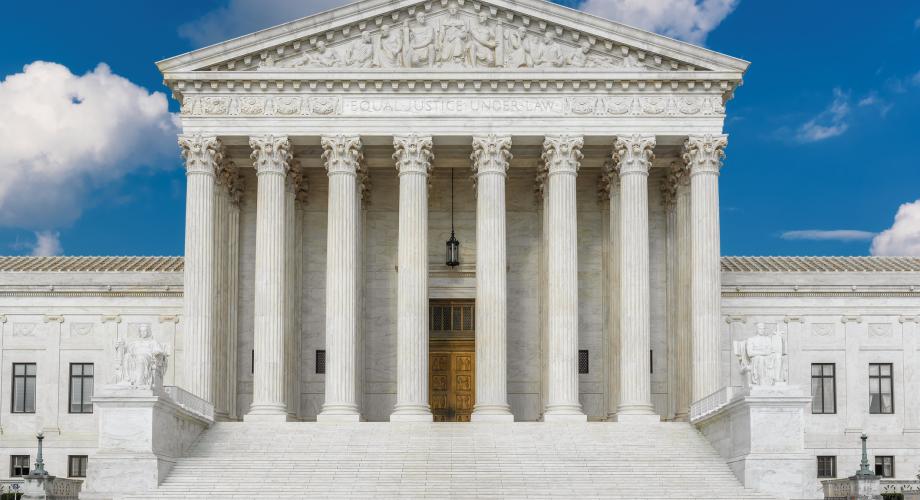Update (2/21/2024): On February 20, On February 20, 2024, the Supreme Court of the United States (SCOTUS) denied petitions for writs of certiorari in 74 Pinehurst LLC, et al. v. New York and 335-7 LLC, et al. v. New York. Read more.
On September 26, 2023, the Supreme Court of the United States (SCOTUS) will determine whether it grants review petitions, also known as "cert petitions," for two significant rent control cases: Community Housing Improvement Program, et al. v. City of New York, New York (CHIP v. NYC) and 74 Pinehurst LLC, et al. v. New York, et al. (74 Pinehurst). These cases hold the potential to shape the trajectory of rent control not just within New York, but also establish a precedent for rent control regulations nationwide, contingent upon SCOTUS' decision to review them.
NAA and Industry Stakeholders File Joint Amicus Brief
The National Apartment Association (NAA) alongside the National Association of Home Builders, the National Association of Realtors and the Mortgage Bankers Association (the coalition) filed a "friend of the court" brief in both cases, supporting CHIP and 74 Pinehurst's requests for review. The coalition's brief explains the negative effects rent control laws have on the housing market and how such government restrictions encroach on private property rights in violation of the Takings Clause of the Fifth Amendment.
Missed Opportunity & The Process
In 2012, the SCOTUS passed on the opportunity to settle New York’s rent control debate when it declined to hear Harmon v. Kimmel (petition denied), a case that also challenged the constitutionality of rent control. The reason for the denial is unknown, as SCOTUS denied the petition without comment or explanation.
With another opportunity approaching later this month, only four of the nine justices must vote to grant a petition for review. This is a "guiding principle" the justices use to determine whether they will hear a case. It is frequently reported that SCOTUS grants review to fewer than 100 of the over 7,000 petitions for review received each term.
If the SCOTUS grants review, the cases will enter the “merits stage.” Here, the parties file briefs on the merits of the case. Once the briefing phase is completed, the SCOTUS schedules the case for oral arguments.
What's Next?
The numerous friends of the court briefs that accompany the cert petitions in each case underscore the substantial and rightful attention these two cases have garnered. It’s now up to the SCOTUS, which has the power to not only grant certiorari but also to definitively conclude the debate on rent control and reaffirm the property rights of housing providers nationwide. A favorable Supreme Court ruling would compel policymakers to address the housing shortage and affordability challenges with effective solutions, moving beyond the ineffective approach of continually implementing rent control.
